Service hotline
+86 0755-83975897
Release date:2024-10-16Author source:KinghelmViews:1608
Connectors play a crucial role in various applications, enabling the transmission of signals and power between different components. They come in several shapes and designs, each suited for specific functions and environments. Here, we’ll explore the major types of connectors, their characteristics, and their typical applications.
Rectangular connectors are distinguished by their rectangular shape and multiple contact points. They are widely used for transmitting various signals and power, making them ideal for applications in industrial control, computer equipment, and more.
● Multiple contact points for efficient signal and power transmission
● Compact design suitable for dense applications
In large-scale industrial automation, rectangular connectors are essential for connecting sensors and actuators, ensuring reliable communication and control.
Circular connectors feature a circular shape that provides excellent sealing and environmental resistance. They are commonly used in high-reliability applications such as aerospace and military equipment.
● Robust sealing to protect against moisture and dust
● High durability and reliability
Circular connectors are frequently utilized in aircraft to interconnect various electronic devices, ensuring stable performance under challenging conditions.
Also known as flat ribbon connectors, these connectors consist of multiple parallel wires, making them ideal for high-density connection scenarios.
● Space-saving design with multiple parallel contacts
● Suitable for mass data transmission
Ribbon connectors are often seen in connections between computer motherboards and hard drives, facilitating efficient data transfer.
RF connectors are specifically designed for transmitting radio frequency signals, boasting excellent high-frequency characteristics and low loss.
● Optimized for minimal signal loss at high frequencies
● Ideal for RF applications
RF connectors are widely used in wireless communication systems, including connections between antennas and mainboards in mobile phones and broadcast television equipment.
Fiber optic connectors are crucial for connecting optical fibers, facilitating the transmission of optical signals. They are essential in high-speed communication networks.
● Support high-speed data transmission with minimal loss
● Essential for maintaining signal integrity over long distances
In data centers, fiber optic connectors enable high-speed communication between servers, supporting efficient data processing and transfer.
PCB connectors are designed to connect printed circuit boards (PCBs) to external devices or other PCBs. They are integral to the internal connections of electronic devices.
● Compact design for integration into PCBs
● Facilitate efficient communication between circuit boards
PCB connectors are commonly found in a wide range of electronic devices, from consumer electronics to industrial machinery, enabling seamless interconnections.
Understanding the different types of connectors is essential for selecting the right one for your specific application. Each connector type offers unique features tailored to various environments and functions, whether for industrial automation, aerospace, telecommunications, or consumer electronics. By choosing the appropriate connector, you can ensure reliable performance and efficient communication between devices, ultimately enhancing the overall functionality of your systems.
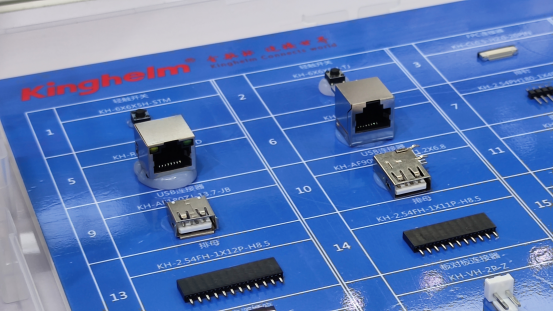
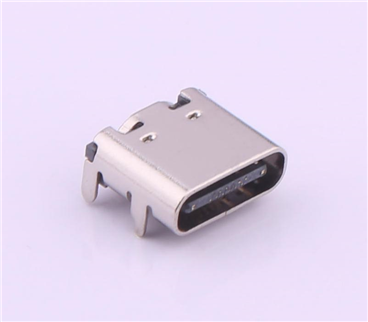
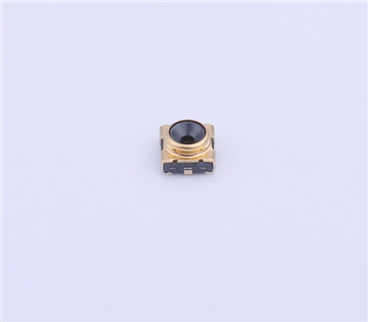
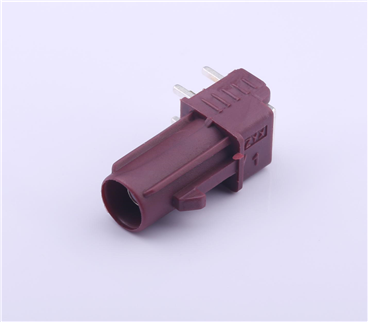
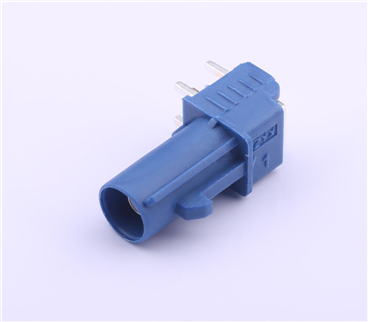
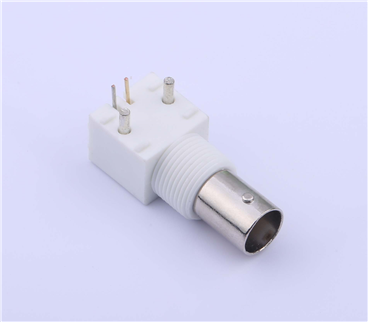
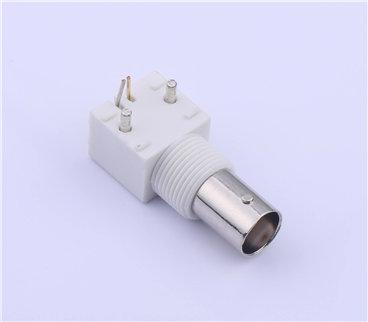
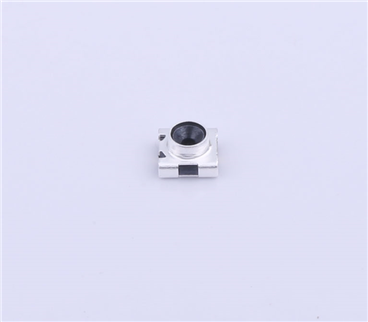
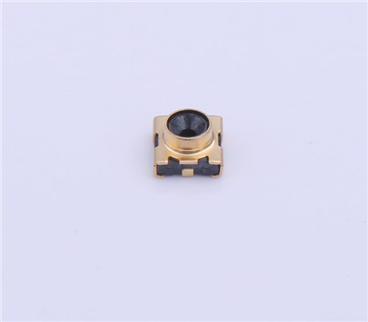
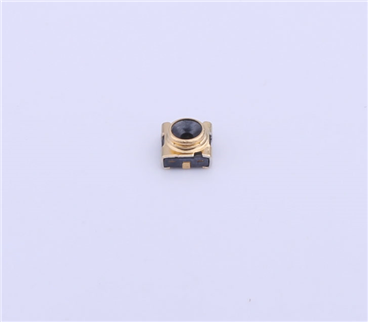
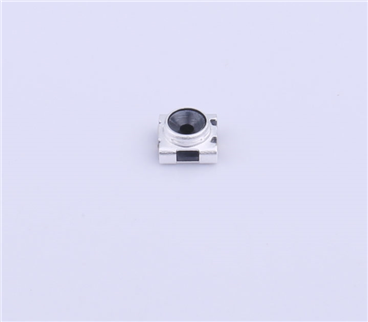
Copyright © Shenzhen Kinghelm Electronics Co., Ltd. all rights reservedYue ICP Bei No. 17113853